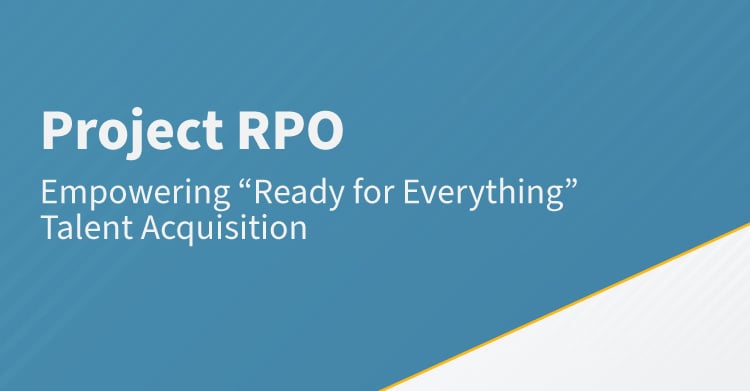Our agile, high-precision recruitment process outsourcing (RPO) helps businesses scale, expand into new markets and transform hiring processes.
Whether you’re a global enterprise, a mid-market organization or a smaller, fast-growing business, our tailored RPO solutions are backed by proven success across industries and offer the right starting point for a more adaptive, future-ready workforce.

With a global presence spanning 70+ countries, our flexible RPO solutions deliver:
“Partnering with Sevenstep has transformed recruiting for Toshiba America Business Solutions. Their data-driven hiring strategy tailored to our regional needs helped us compete in a tough talent market. By streamlining recruitment and precisely vetting candidates, we reduced time-to-hire and improved sales talent quality, facilitating market expansion. Their expertise has helped turn our sales hiring into a strategic advantage.”
Kim Jones, Vice President of Human Resources,
Toshiba America Business Solutions
Read More

See how a workwear leader reduced time-to-fill by 45% while maintaining high standards and complex workforce demands.
Read More
As a trusted workforce solutions partner, KellyOCG and Sevenstep create solutions that can reach beyond traditional RPO to integrate permanent and contingent talent strategies.
With our proprietary Sevayo® Insights data integration platform and Helix UX for unmatched intelligence, we provide a Total Talent Management solution that brings workforce agility, cost efficiency and data-driven decision-making to the forefront.
Recognized for excellence in service, technology and strategic impact, we help business hire smarter and faster.

#1 in Breadth of Service

Star Performer & Major Contender

Best Use of Technology









Whether you're refining your strategy or tackling a major hiring hurdle, we're here to help. Let’s start the conversation.
Get Started